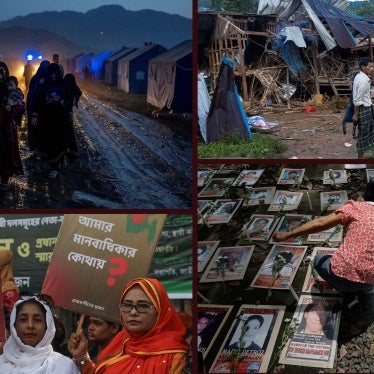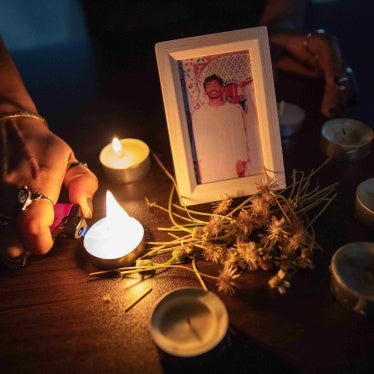(Bangkok) – The Pheu Thai Party-led government, which took office in Thailand in August 2023, has not undertaken serious human rights reforms or reversed past injustices, Human Rights Watch said today in its World Report 2024. Conservative institutions, including the Senate appointed by the 2014 military coup makers, blocked the reformist Move Forward Party, which won the most votes in the May election, from forming a government.
“The new prime minister, Srettha Thavisin, should demonstrate that he’s breaking from Thailand’s abusive past by adopting real human rights reforms and ending politically motivated prosecutions,” said Elaine Pearson, Asia director at Human Rights Watch. “Thai authorities should drop the charges against peaceful protesters and those accused of ‘insulting the monarchy’ brought by the previous Prayut government since 2021.”
In the 740-page World Report 2024, its 34th edition, Human Rights Watch reviews human rights practices in more than 100 countries. In her introductory essay, Executive Director Tirana Hassan says that 2023 was a consequential year not only for human rights suppression and wartime atrocities but also for selective government outrage and transactional diplomacy that carried profound costs for the rights of those not in on the deal. But she says there were also signs of hope, showing the possibility of a different path, and calls on governments to consistently uphold their human rights obligations.
Thai authorities use Criminal Code article 112 on lèse-majesté (insulting the monarchy), which includes punishments of up to 15 years in prison for each offense. In 2023, the authorities prosecuted at least 258 people on lèse-majesté charges for various activities at pro-democracy demonstrations or for comments on social media.
The previous government adopted the Prevention and Suppression of Torture and Enforced Disappearance law, which went into effect on February 22, but the authorities have yet to effectively enforce the law or resolve outstanding cases.
Thailand has numerous, unresolved cases of enforced disappearance, with 76 cases reported to the United Nations Working Group on Enforced or Involuntary Disappearances since 1980. Since 2017, at least nine Thai dissidents who fled to Cambodia, Laos, and Vietnam were forcibly disappeared in those countries. The Working Group and civil society organizations pointed to Thailand’s forcible returns of asylum seekers and refugees back to these and other rights-violating countries. The incidents highlighted an apparent growing trend of transnational repression by the region’s authoritarian governments.
Increased fighting in Myanmar has also contributed to higher numbers of Myanmar asylum seekers reaching Thailand, many of whom have been forced back at the border.









